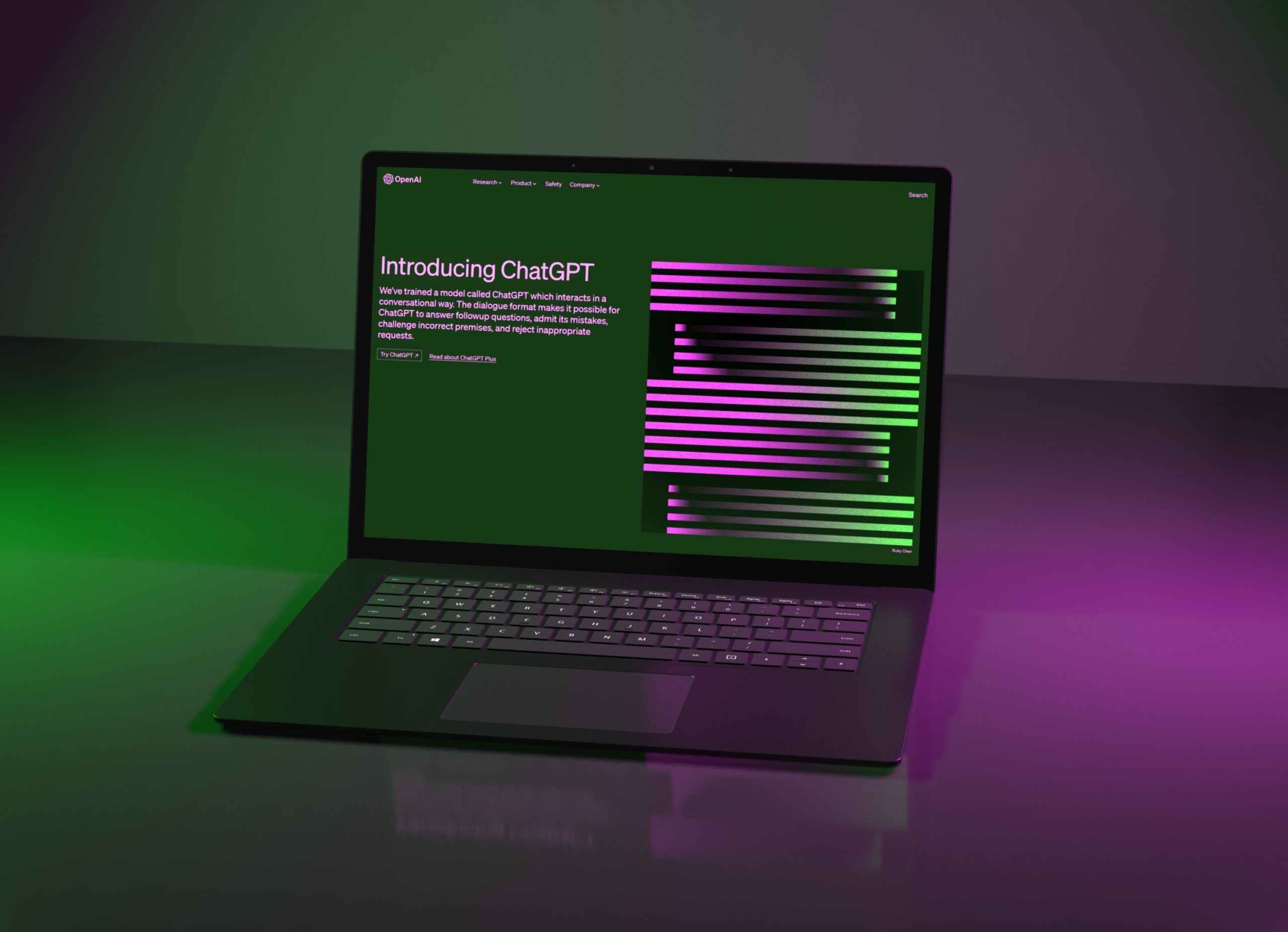ChatGPT is a powerful language model that can help you with a wide range of tasks, from answering trivia questions to generating creative writing ChatGPT prompts. However, like any online service, there are potential risks associated with using ChatGPT, such as the risk of exposing personal information or being exposed to malicious content. In this article, we’ll go over some tips and best practices for using ChatGPT safely.
- Be mindful of the information you share: ChatGPT is designed to provide you with personalized responses, which means that it may ask you for personal information such as your name or location. While this information may be necessary to generate a more accurate response, you should be mindful of the information you share. Avoid sharing sensitive information such as your phone number, address, or other personal information that could be used to identify you.
- Use ChatGPT in a secure environment: It is important to use ChatGPT in a secure environment, such as on a trusted device with up-to-date antivirus software. Avoid using public computers or unsecured Wi-Fi networks when accessing ChatGPT, as these can increase the risk of your personal information being compromised.
- Be aware of potential risks: While ChatGPT is designed to be safe, there are potential risks associated with using the service. For example, ChatGPT may provide biased responses or contain misinformation, or malicious actors may use it to spread harmful content or phishing attempts. Be aware of these risks and take steps to mitigate them, such as fact-checking responses and reporting any suspicious activity to the service provider.
- Follow ChatGPT’s terms of service: Before using ChatGPT, it’s important to read and understand the terms of service. These terms outline the acceptable use of the service and may contain important information about data privacy, intellectual property rights, and other legal issues. By following the terms of service, you can help protect yourself and others from potential risks associated with using the service.
- Report suspicious behavior: If you notice any suspicious behavior or activity while using ChatGPT, such as strange messages or requests from unfamiliar users, it’s important to report it to the service provider. This can help prevent other users from falling victim to scams or other malicious activity.
- Keep your conversations with ChatGPT private: ChatGPT is designed to provide personalized responses based on your input, which means that conversations with the language model may contain sensitive or confidential information. To protect your privacy, avoid sharing the content of your conversations with others, especially on public forums or social media platforms.
By following the tips and best practices outlined in this article, you can help protect your personal information, mitigate potential risks, and use ChatGPT safely and securely.
